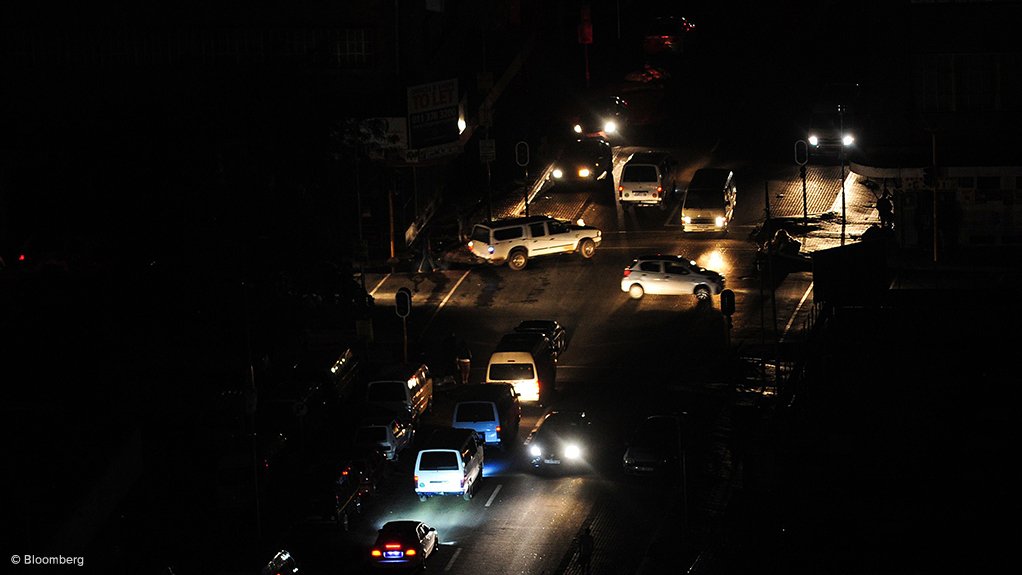The National Rationalised Specifications (NRS) Association of South Africa has announced the approval of the NRS 048-9, Edition 3, Electricity Supply – Quality of Supply: Code of Practice (NRS CoP) by the National Energy Regulator of South Africa (Nersa).
This compliance mandatory code of practice for all Nersa-licensed electricity distribution utilities addresses load reduction practices, system restoration practices, critical load and essential load requirements during system emergencies.
The aim is to assist and empower various key stakeholders, including State-owned utility Eskom, municipalities and the country to mitigate the impact of potential advanced electricity loadshedding stages and prevent a national blackout or total electricity grid collapse, the association explains.
An “electricity load” connected to the national electricity grid refers to any electrical appliance, equipment or system that consumes electricity and is connected to the power supply network of a country or region.
These devices draw electrical power from the electricity grid to perform their intended functions and contribute to the overall electricity consumption on the national electricity grid, the association explains.
It has commended Nersa for prioritising the approval of this document.
The NRS CoP document is accessible on Nersa’s website.
The NRS Association says it has released this statement about the approval to provide a sense of reasonable comfort that the proactive detailed planning and risk mitigation and/or the possible migration to potential higher loadshedding stages beyond Stage 8 has been thoroughly and proactively analysed and considered by the entity, and supported by many other key stakeholders from both the private and public sectors in a structured manner and also with a sense of urgency.
It points out that the NRS CoP strives to balance three fundamental objectives, namely, an equitable distribution of the burdens caused by an electricity shortage; the imperative of avoiding the dire consequences of a blackout; and the impact of loadshedding on essential and critical loads.
The NRS CoP, developed in collaboration with key stakeholders, will help prepare and protect the national electricity grid, the association asserts.
It explains that the document emphasises the need for a structured and proactive approach to address the current electricity crisis and potential future challenges.
The NRS CoP provides technical guidelines or tools for Nersa-licensed electricity utility distributors to manage emergencies effectively, the association posits.
The NRS CoP compliance mandatory status makes it mandatory for Nersa-licensed electricity utility distributors (including Eskom and the municipalities) to comply with the requirements of the NRS CoP in the best overall interests of ensuring the effective and efficient operation of the national electricity grid.
It also empowers and mandates the Nersa-licensed electricity utility distributors including the Eskom System Operator (SO) and municipalities to take certain actions in an emergency.
While the NRS CoP provides for an ordered and consistent approach to emergency load reduction, it does not subrogate any actions that the Eskom SO may deem necessary in real-time to ensure the security of the national power system, the association mentions.
This includes the requirement for the Eskom SO to prudently manage system operating reserves.
EMAIL THIS ARTICLE SAVE THIS ARTICLE ARTICLE ENQUIRY
To subscribe email subscriptions@creamermedia.co.za or click here
To advertise email advertising@creamermedia.co.za or click here











